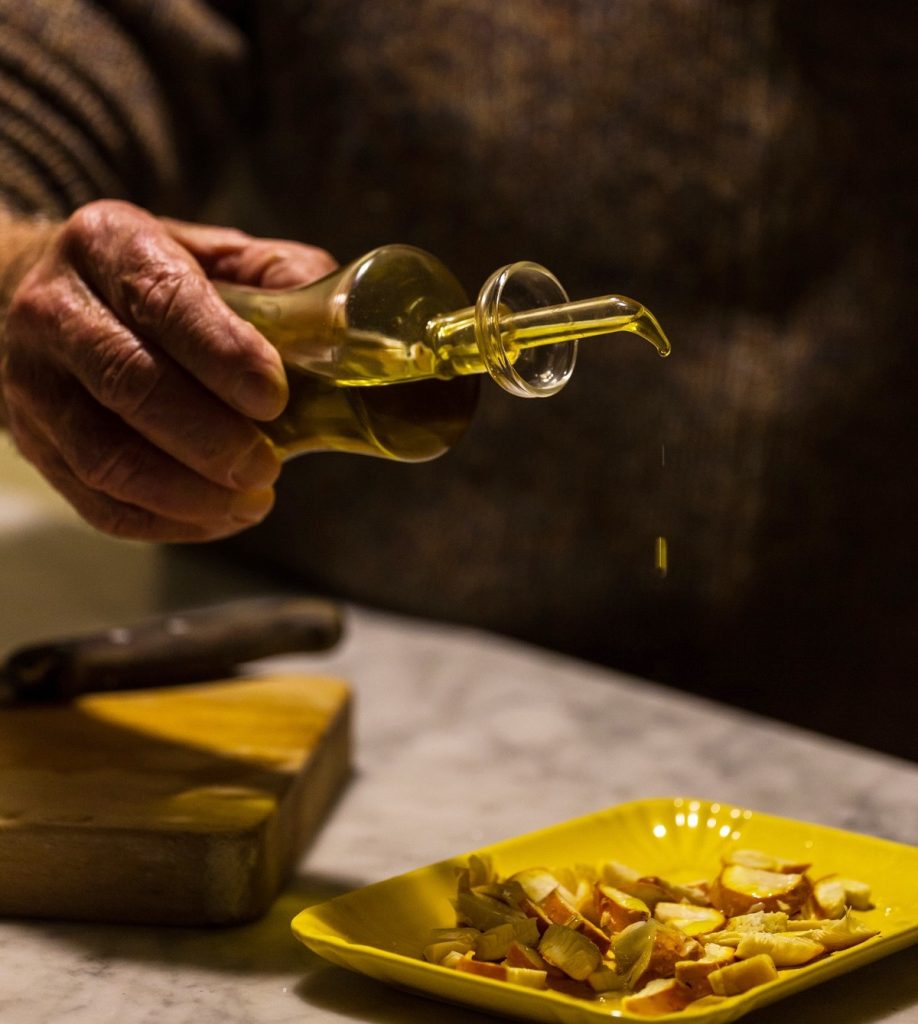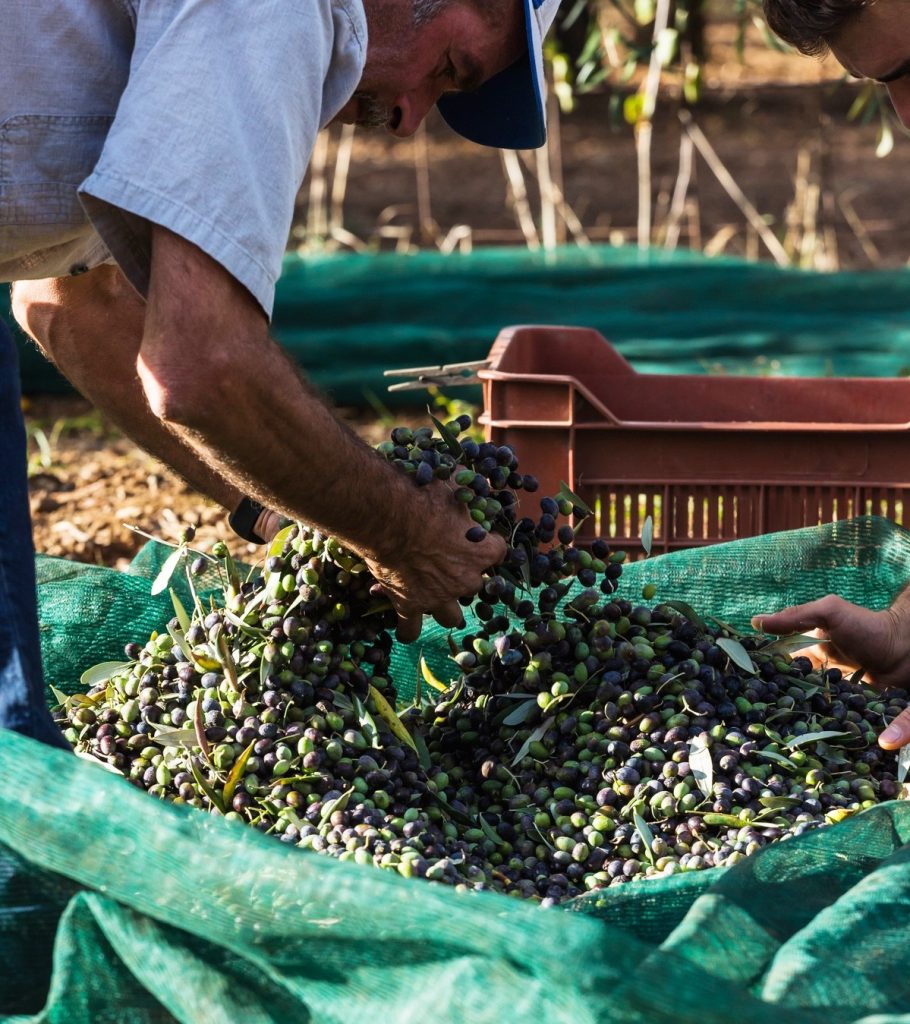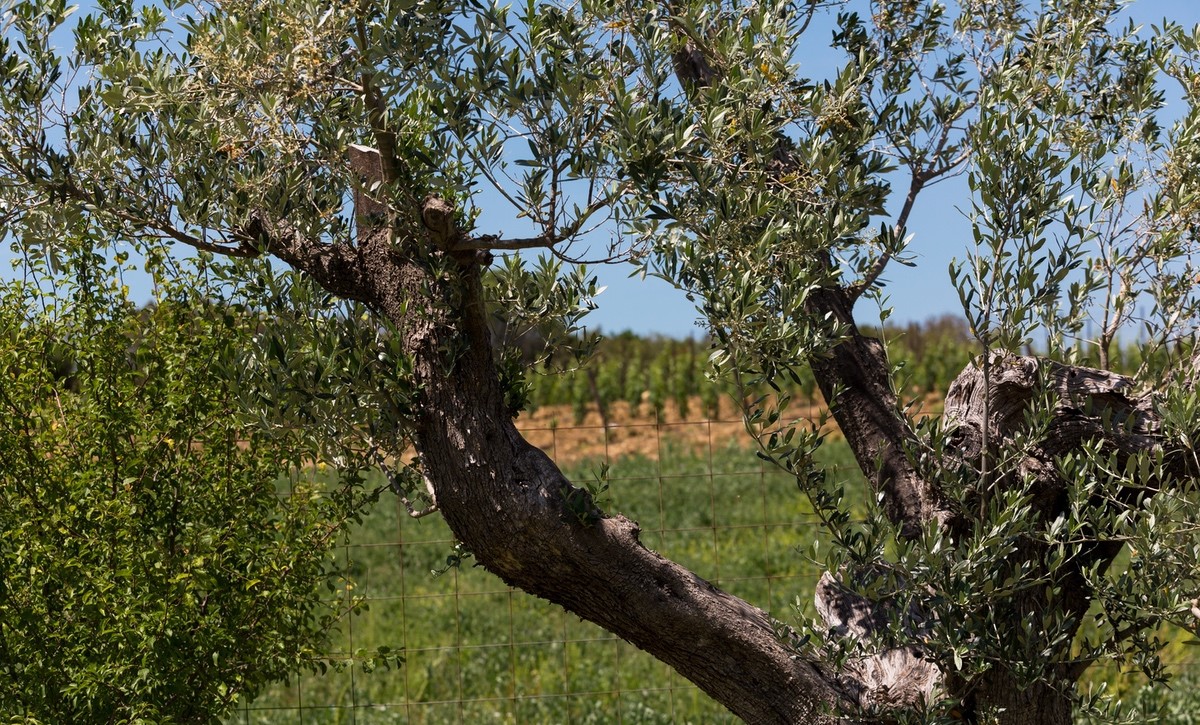Villages, olive groves and olive oil tastings
On the Etruscan Coast, between the sea and the Mediterranean maquis, the experience has the typical flavour of olive oil on a slice of Tuscan bread.
The landscapes of the Etruscan Coast preserve age-old traditions and timeless expertise. The archaeological parks tell of peoples who lived centuries ago and the importance they attributed to well-being has been handed down in the thermal waters; the endless rows of vines and vast olive groves bear witness to the traditional care of the land that yields unique wines and extra virgin olive oil of great quality.
The many properties of olive oil and its immense value were familiar to the Etruscans as early as the 7th century BC, when they began to use it for cooking and for cosmetic and therapeutic purposes. To discover this tasty, green treasure, an essential ingredient in Mediterranean cuisine, you can visit one of places along the itinerary running through the countryside protected by the consortium, Strada del Vino e dell’Olio Costa degli Etruschi This route between the coast and the hinterland, crosses villages and skirts farms and winegrower cellars where you can stop for a tasting in the shade of the olive trees. For those looking for the authentic flavour and quality of the olive oil tradition, there is nothing better than exploring the Etruscan Coast.

There are many companies along the coast and in the hinterland that produce high quality extra virgin olive oil, many of which boast certification from the Consortium for the Protection of Tuscan Olive Oil IGP, or are certified organic. One of the most significant olive oil producing municipalities is Rosignano Marittimo, where the olive trees that almost overlook the sea have earned the farms in the area numerous awards, so much so that the town holds a festival to celebrate the local olive oil. Continuing south along the coastline, you come across small, isolated houses in the countryside of Bibbona, where it is possible to taste excellent extra virgin olive oil accompanied by a glass of local DOC wine and a view of the centuries-old olive trees.
Everywhere on the Etruscan Coast, native cultivars are synonymous with quality, tradition and history. In Castagneto Carducci, another olive oil producing municipality, is the olive oil museum, “Piccolo Museo dell’Olio”, part of the Carducci Museums network. This exhibition space collects the antique equipment and vintage photos that illustrate the local agricultural tradition. There is no shortage of excellence in the Val di Cornia between Campiglia Marittima and Suvereto; the area, definitely worth visiting on a tasting tour, boasts a quality olive oil experience in exclusive surroundings and a number of signature winegrower cellars, especially in Suvereto, in addition to excellent DOC and DOCG appellation wines.

Further from the coast, protected by woods and Mediterranean maquis, the villages are proud of their renowned products. The Riparbella area in the Pisan hills is devoted to production of olive oil and wine using organic and biodynamic practices and many vineyards produce wine as well as excellent olive oil. The renowned olive oil mill, Terre dell’Etruria, can be found in the nearby hamlet of La Melatina and the village of Montescudaio, known as “Città del Pane e Città del Vino”, is the ideal destination for tasting the typical Tuscan flavours of the local bread and wine. High quality local extra virgin olive oil, to be enjoyed together with excellent traditional bread, is also produced in Guardistallo, not far from Montescudaio. Highly recommended is a visit to one the most beautiful villages in Italy and winner of the Municipality Orange Flag, Casale Marittimo, which dominates the valley and is a real pleasure for the eyes as well as the palate. In these villages there is no shortage restaurants and farms offering tastings.
The Etruscan Coast is the perfect destination to explore unique landscapes, where ancient history lives between the blue sea and the luxuriant vegetation and where excellent produce can enjoyed on site in the olive groves and mills and on farms offering holiday accommodation and winegrower cellars, together with the best local wines. All of this can be combined with pleasant walks in the nature reserves and archaeological parks or days spent in the thermal baths.
To find out more:
